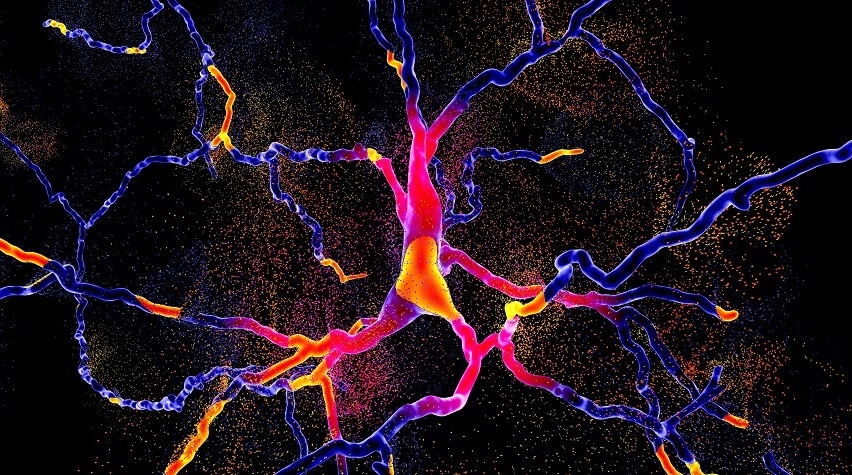A study published in the journal Human Molecular Genetics has uncovered why clinical drug trials that aim to reduce proteins in the brain, associated with the onset of Alzheimer’s Disease and dementia have been unsuccessful. The findings are a promising sign for the development of new treatments using currently available drugs.

Credit: Kateryna Kon / Shutterstock
The research team, comprised of US and Australian scientists, sourced evidence from a broad scope of animal models and human studies of diseases linked to dementia, to demonstrate that inflammation is a significant cause rather than a symptom.
Their research illustrates how a number of genes associated with dementia control our reaction and vulnerability to inflammatory damage.
For decades, scientists have thought that dementia and Alzheimer’s Disease are caused by protein aggregates forming in the brain. But recent clinical trials of drugs that reduce the aggregates have failed.”
Project leader Professor Robert Richards, from the University of Adelaide’s School of Biological Sciences.
This study was a collaborative effort between Richards, the National Institutes of Health (U.S.) and the University of Adelaide’s Medical School. It has long been acknowledged that inflammation can intensify as dementia-related diseases advance, but establishing it as the cause is a new discovery. It has hitherto been assumed that inflammation merely remove tissue damage sustained due to the protein aggregates.
We know that inflammation has different phases – early on it can be protective against a threat by actively degrading it, but if the threat is not removed, then persistent inflammation actually causes cell death,”
Professor Richards
These findings completely reverse the existing view that tissue damage occurs prior to inflammation, as the genetic linkages indicate the opposite.
Many genes linked with dementia operate at the level of controlling cellular inflammation. Both internal and external triggers interact with these genes to play a part. Inflammation is the point through which many triggers converge”
Professor Richards
Richards compares inflammation in the brain to a virus infection, saying that:
Inflammation is a very effective defense against foreign agents like viruses. But as we get older and accumulate mutations, our cells can make proteins and DNA products that mimic viruses, and these build up in the system”
“Normally, our cells bar-code their own products to tell them apart from foreign agents. When these bar codes aren’t in place, our cells can’t properly distinguish ‘self’ and ‘non-self’ trigger molecules. The result is inflammation that escalates and spreads – hence the term auto inflammatory disease.”
Specific forms of gene mutation bring about a premature or more frequent failure of these systems, and the older we grow, the more these can increase.
This indicates a possible explanation for the association of dementia development and older age. A positive outcome of the findings is that by alleviating some aspects of inflammation, dementia symptoms could potentially be relieved.
Richards concludes, “With this new understanding of the disease, we now need to test existing anti-inflammatory drugs for their effectiveness in treating dementia.”